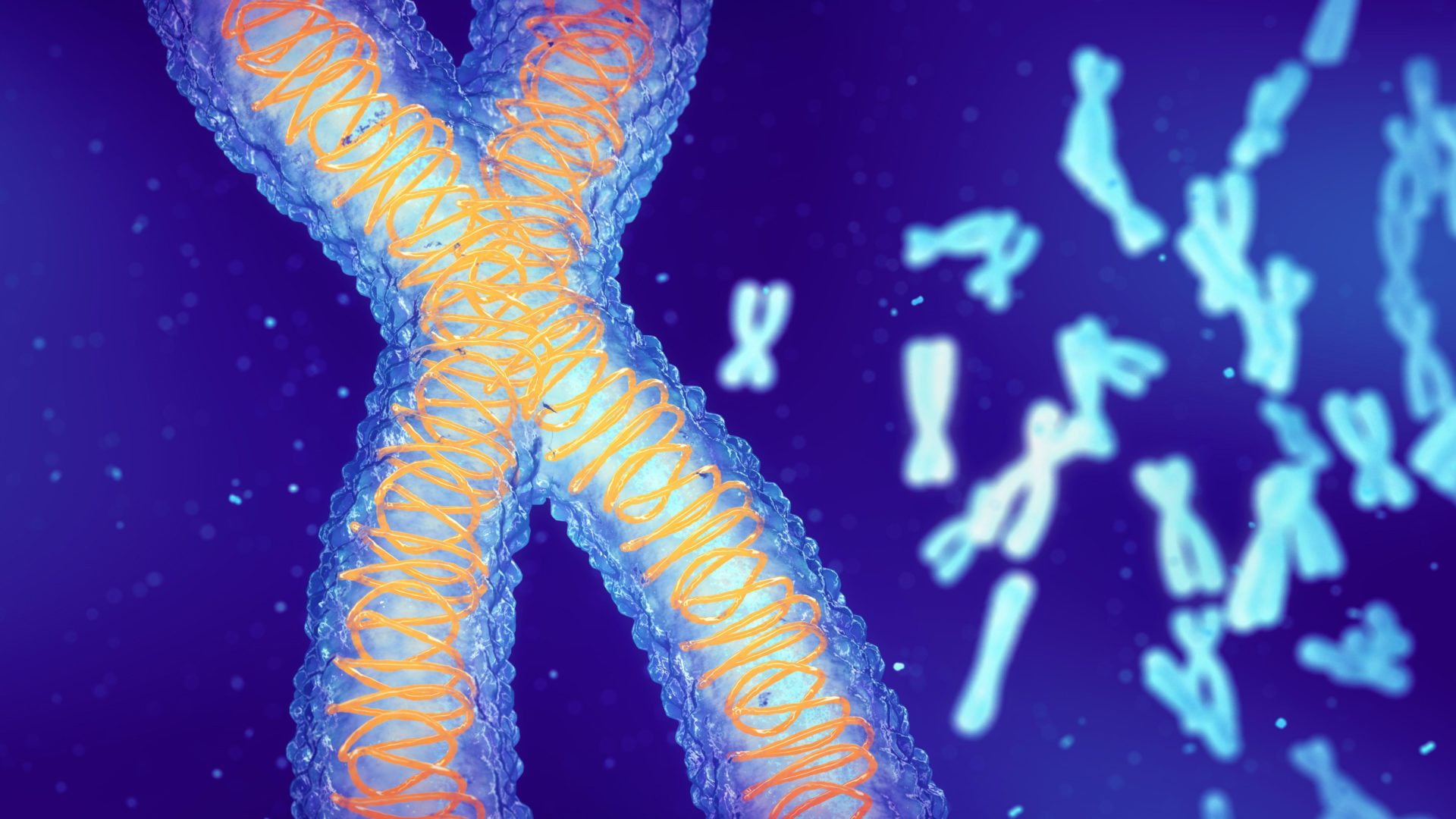While the genome is the recipe that makes us who we are, scientists have discovered we don’t know what a fifth of our genes even do.
A genome is the entire set of DNA instructions found in a cell which creates life. From fruit flies to monkeys, everything has a genome.
Trinity Professor Luke O’Neill said on Show Me the Science the human genome was discovered in 2000 in a joint US-UK collaboration.
“There was a big announcement we have the total content of human DNA and a full recipe that makes you,” he said.
“But there was the dirty secret that they didn’t know what all the genes did in the genome.
“They had the sequence, and they knew the order of the letters in the DNA, but then it got trickier to understand what those genes do.”
A new study exploring the ‘unknome’ by UK scientists found one-fifth of human genes are essentially still a mystery.
 Genome mapping. Image: nobeastsofierce Science / Alamy Stock Photo
Genome mapping. Image: nobeastsofierce Science / Alamy Stock Photo“It's very important because if you want to know how the machine of life works and of course if it gets broken, to fix it, you need to know how it works,” Prof O’Neill said.
“It's like you don’t how fifth of a car engine works, and the car breaks down.”
The scientists tried to pinpoint exactly what these unknown human genes are by comparing them to genes in other animals – particularly the fruit fly.
“Fruit flies are commonly used in studies,” Prof O’Neill said. “They reproduce quickly, and you can the genes out of flies easily.”
'25% of flies died'
After knocking the 300 unknown genes, they were able to record how the flies had changed – and whether those changes matter to humans.
“25% of the flies died, which means 25% of the unknown genes is critical for life,” Prof O’Neill said.
“How could we have missed that?
“Another 25% were involved in fertility – if you knocked some genes out of the fly, they couldn’t procreate of fertilise.”
Other flies experienced issues with movement and resilience to stress, showing just how important these unknown genes are.
'A treasure trove of genes'
“A treasure trove of genes has been discovered,” Prof O’Neill said.
“We need to understand what that last fifth does, it’s highly relevant for diseases like cancer, autoimmune, developmental.
“It's a brand-new world of unknown genes.”
Listen back to more about genomes here.









